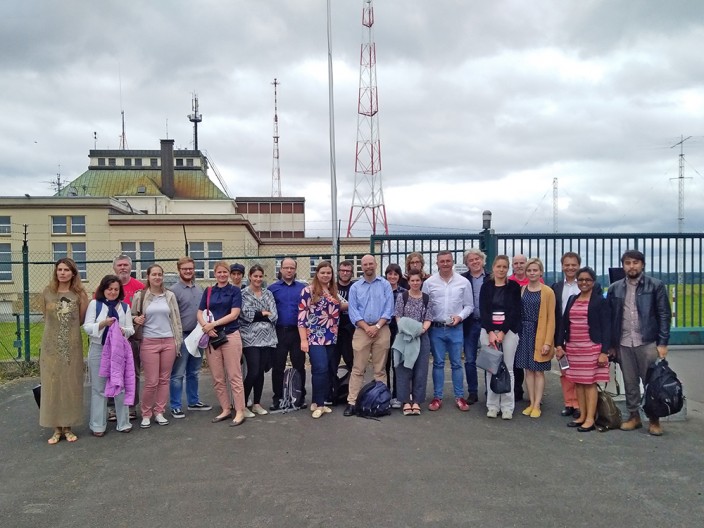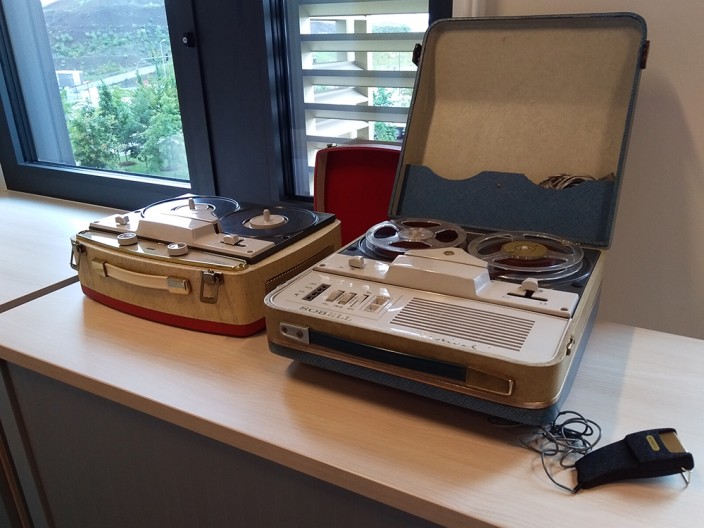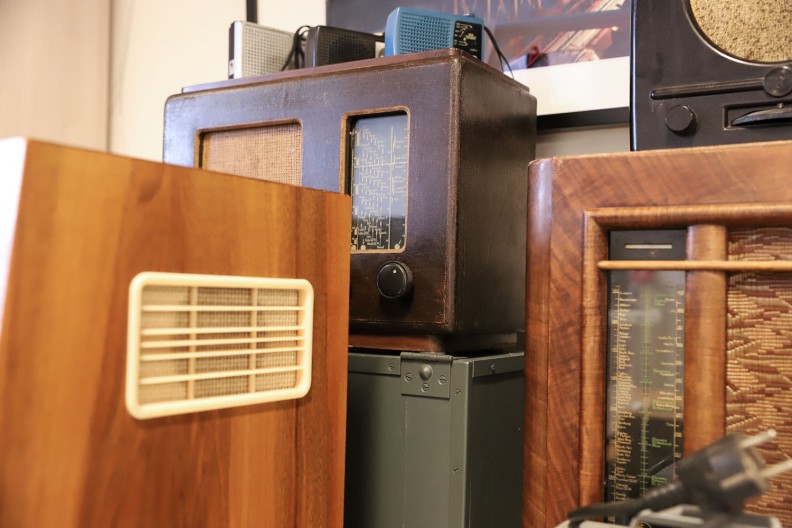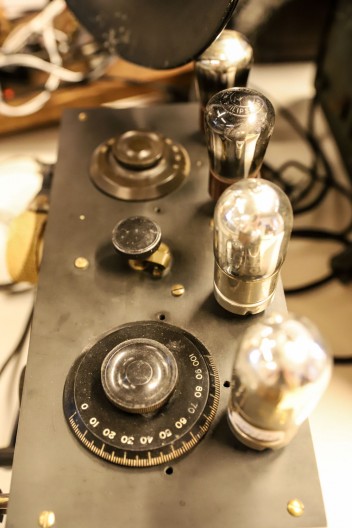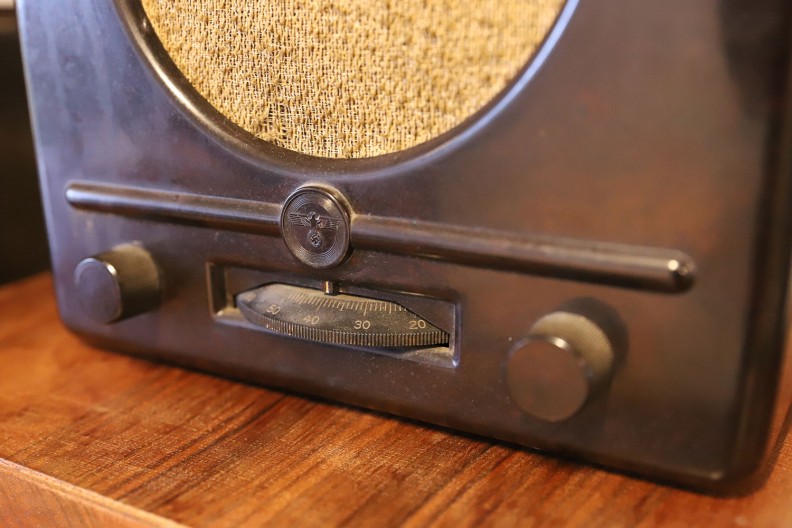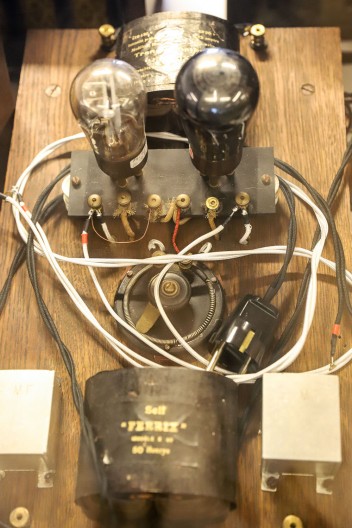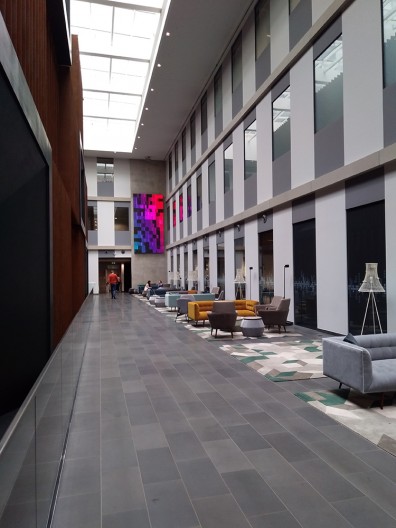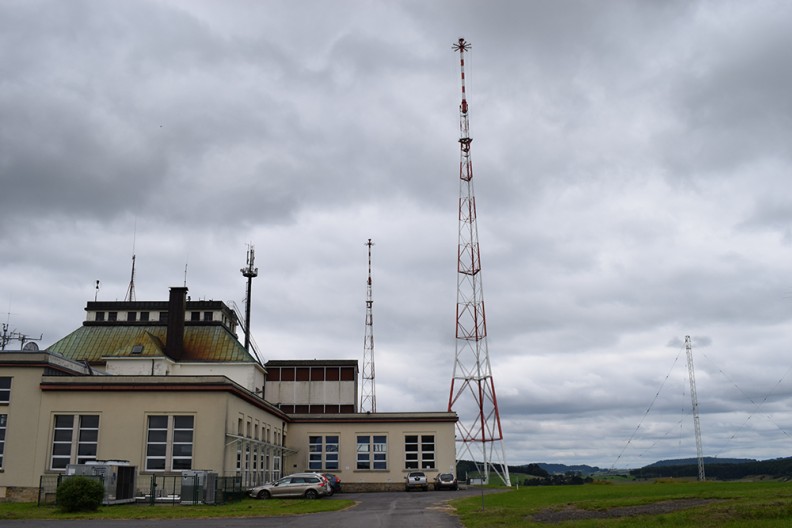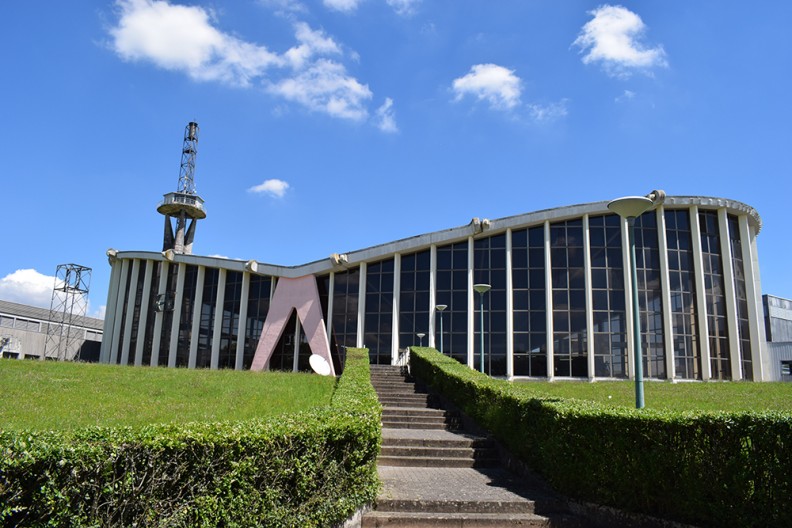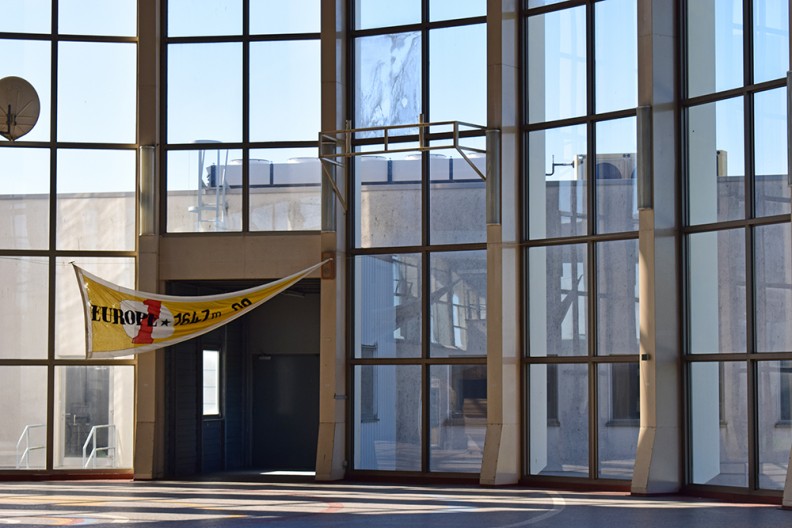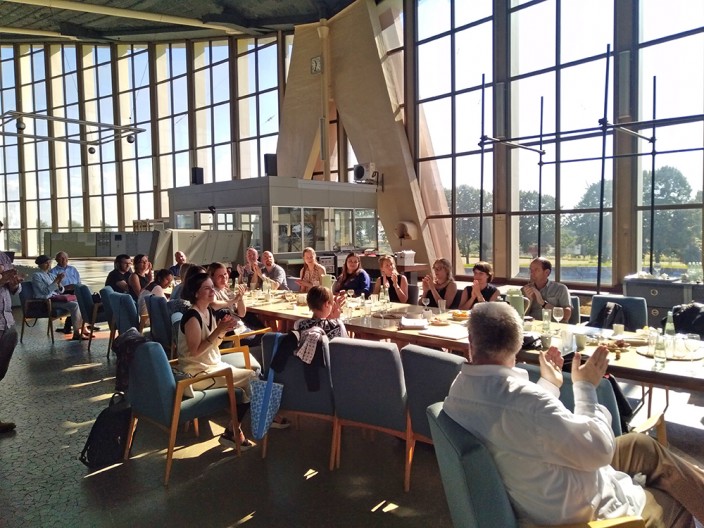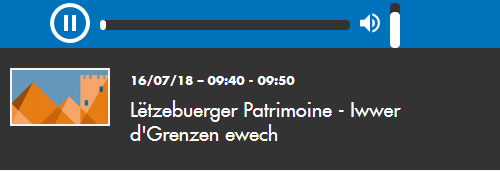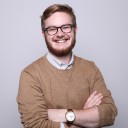The Summer School was organised in order to offer to the participants, early career researchers who came from everywhere in Europe, and all the way from Russia and from Chile, the opportunity to not only take part to academic panel discussions, but also to have a more ‘hands-on’ approach through the writing and the creation of short podcasts. Two visits to historic radio sites, both in Luxembourg and in Saarland, were also among the highlights of this event.
The Summer School was organised by Richard Legay (Luxembourg) and benefited from the mentorship of four renowned Media Historians; Dr. Andreas Fickers (Luxembourg), Dr. Kristin Skoog (Bournemouth), Dr. Hans-Ulrich Wagner (Hamburg) and Dr. Alec Badenoch (Utrecht/Amsterdam). They acted as keynote speakers who monitored discussions and offered personal reflections on the practices of Transnational Radio History. Each of them took the time to analyse one of their favourite sources in details and offered fascinating in-depth comments on their chosen documents, whether they were radio magazines (K. Skoog), an audio recording (H.-U. Wagner), a radio set (A. Fickers) or a chart of broadcasters from the European Broadcasting Union (A. Badenoch).
Various panels took place during the week dedicated to the Summer School on Transnational Radio History and the diversity of on-going research done by the participants allowed for fascinating talks and vivid discussions. The full programme of the panels is available here. The participants were asked to focus on sources while presenting their work on Transnational Radio History, and, to do so, they brought with them examples of sources they use in their research, whether they were audio, textual or visual. This idea let the participants to discuss not only theory, but also methods and techniques to approach sources linked to radio history.
At the end of the week, it appeared that the visits to various sites linked to radio history were the spotlight of the event - according to the participants. The visits started in Luxembourg with a tour into the brand-new building of RTL Group and their radio studios. David Dominguez-Muller, the resident historian and archivist, also took the time to present the history of the famous broadcasting institution. The group then moved to Junglinster to see the historic transmitter site of RTL before heading to the CNA, (Centre National de l’Audiovisuel - National Audiovisual Centre), where our colleagues Paul Lesch and Philippe Mergen presented their activities at the centre, especially in the domains of archiving, preserving, and restoring, audiovisual material.
The following day, orchestrated by the Ministerium für Kultur in Saarland (Uschi Macher & Dr. Axel Böcker), was entirely dedicated to Europe n°1’s transmitter site in Berus, in Saarland, an architectural wonder and a fascinating location for any scholar interested in Radio History. The excursion started by a guided tour of the gigantic building, followed by panel discussions and a Q&A with former technicians of the site. The duo Liquid Penguin, renowned radio drama artists, also took the opportunity to perform one of their pieces, for the delight of the participants. The visit to the transmitter site was - if one believes the author - the icing on the cake, for the day mixed academic discussions with an on-site visit as well as the possibility to meet eyewitnesses and to hear an award-winning radio duo.
An afternoon, lead by Dr. Alec Badenoch, was dedicated to the creation of audio podcasts with the help of two radio producers, based in Ireland, Brian Greene and John Walsh, who attended the Summer School as guests. Thanks to them, the participants, spread in small groups, created short podcasts that will soon be uploaded to the C²DH website. This activity appeared quite successful and allowed the participants to challenge their habits by inviting them to ‘thinker’ with other ways to narrate their stories of radio history.
The organisers would like to thank again our partners and the participants who all helped to make this Summer School a very fruitful event with dynamic activities and discussions!
Pictures taken by Francisco Garrido & Richard Legay



